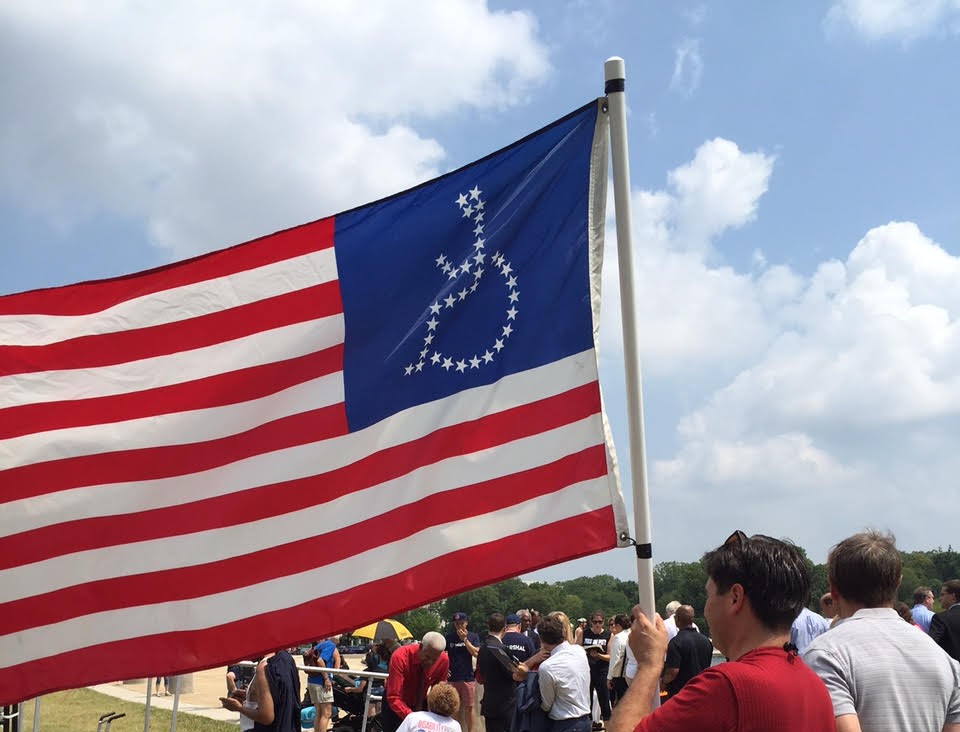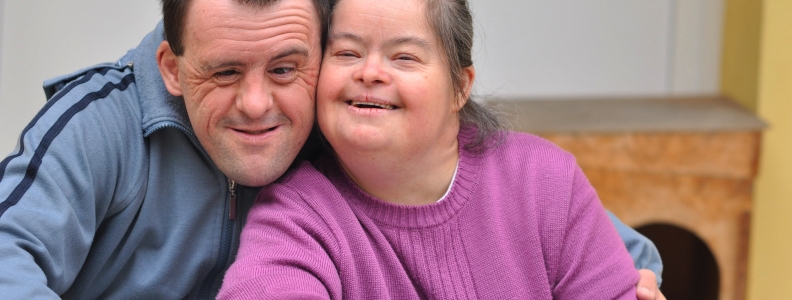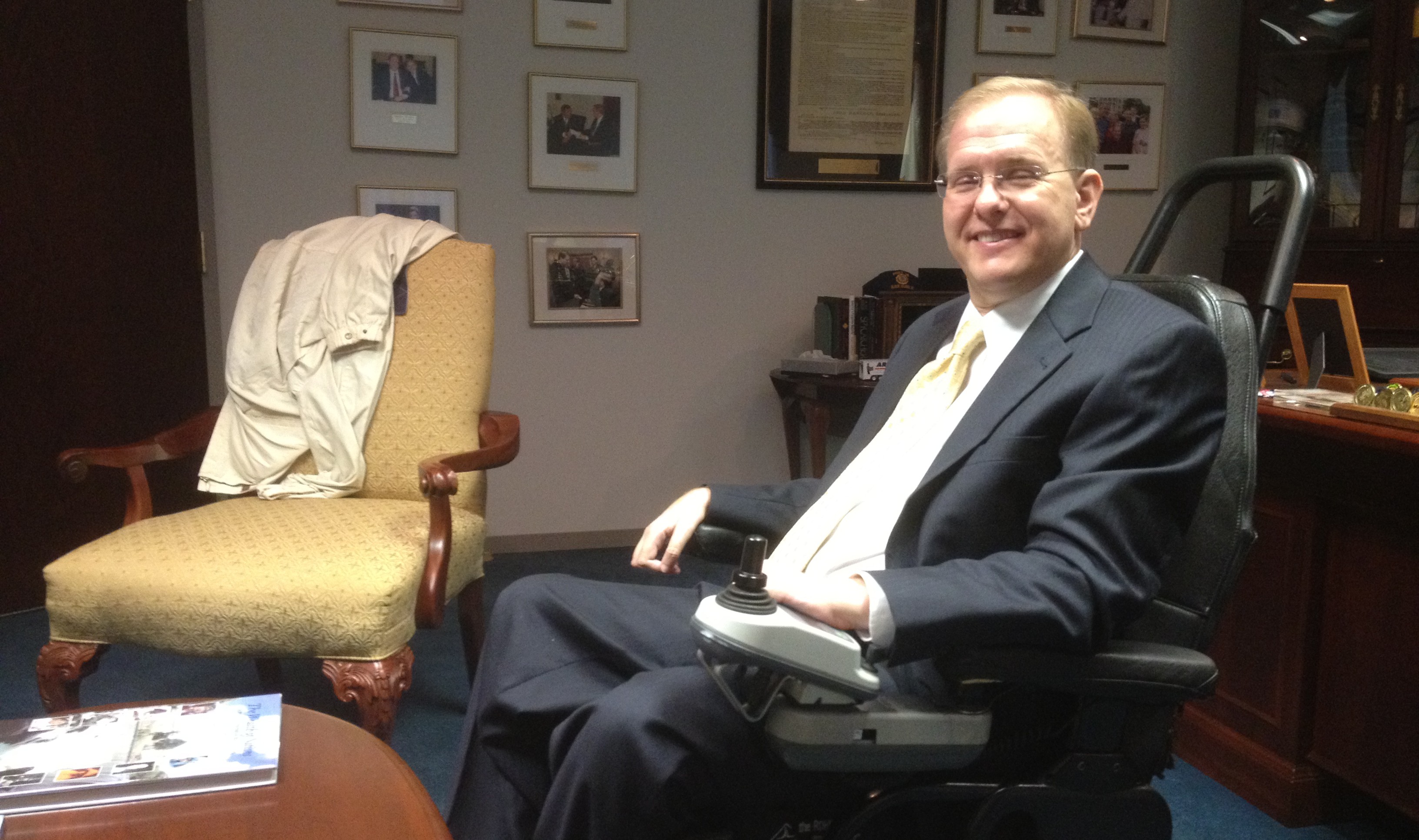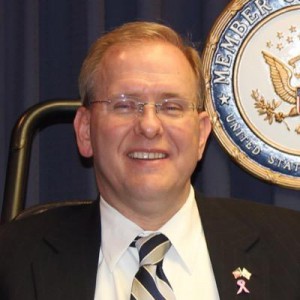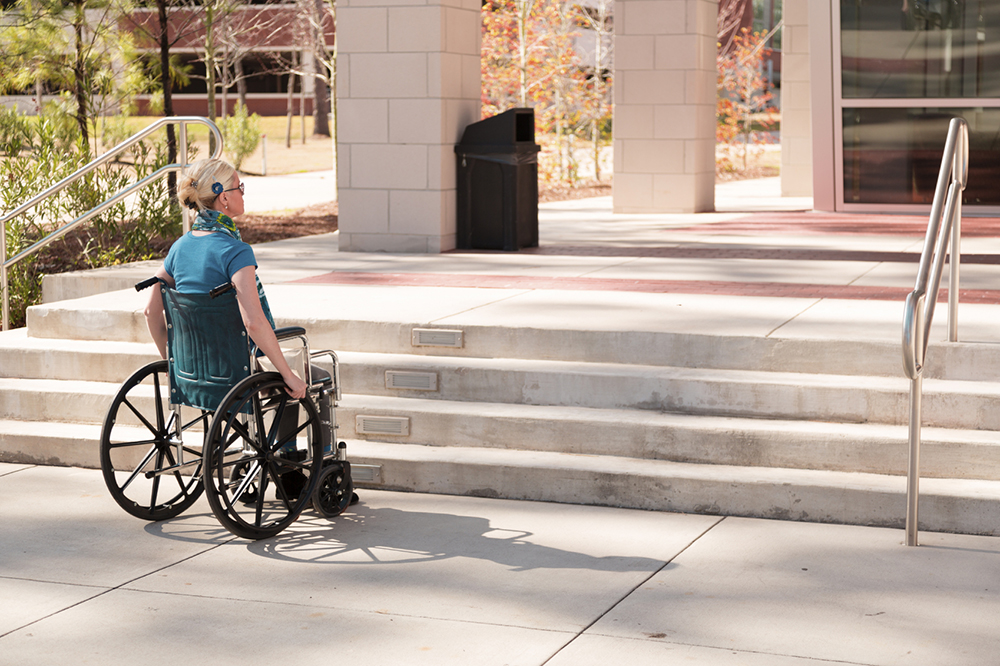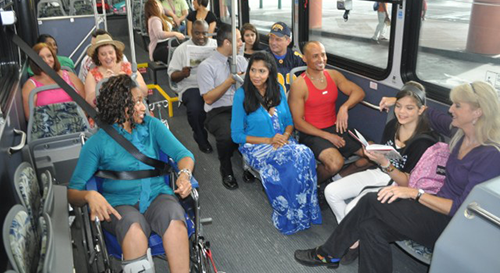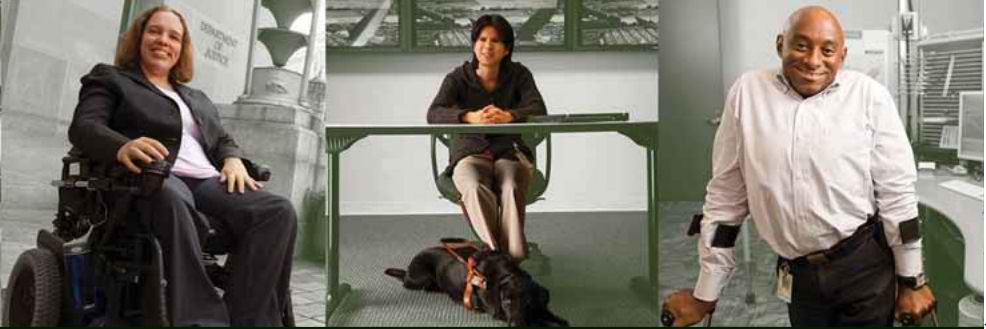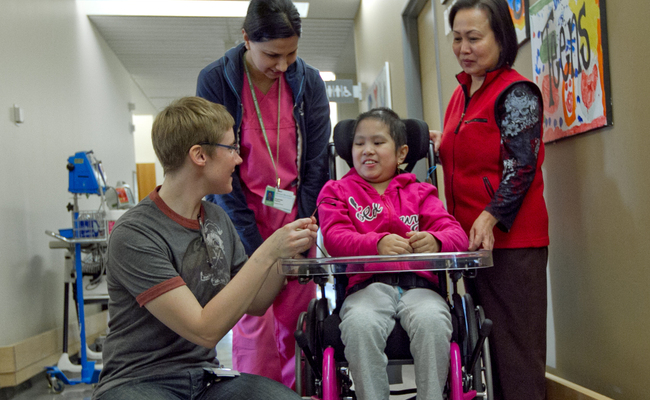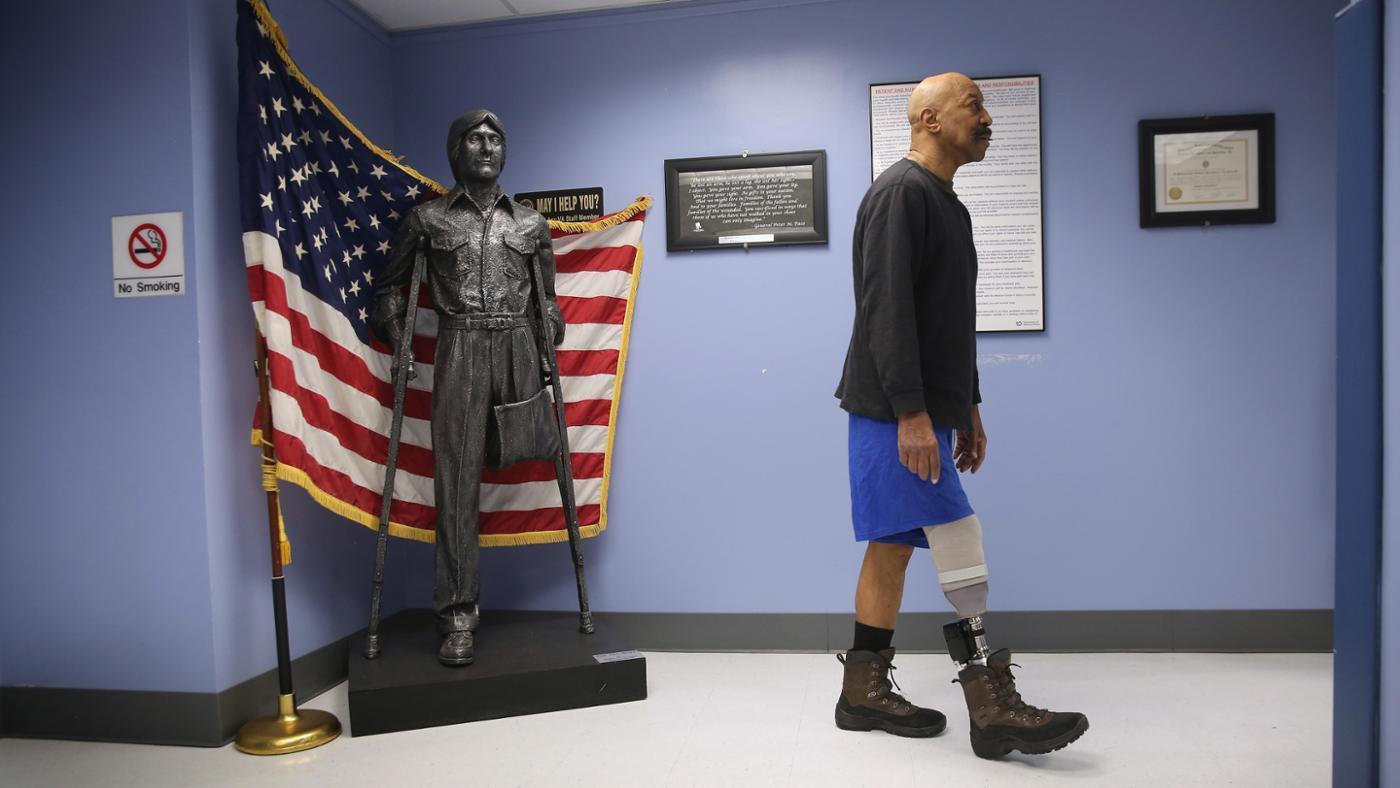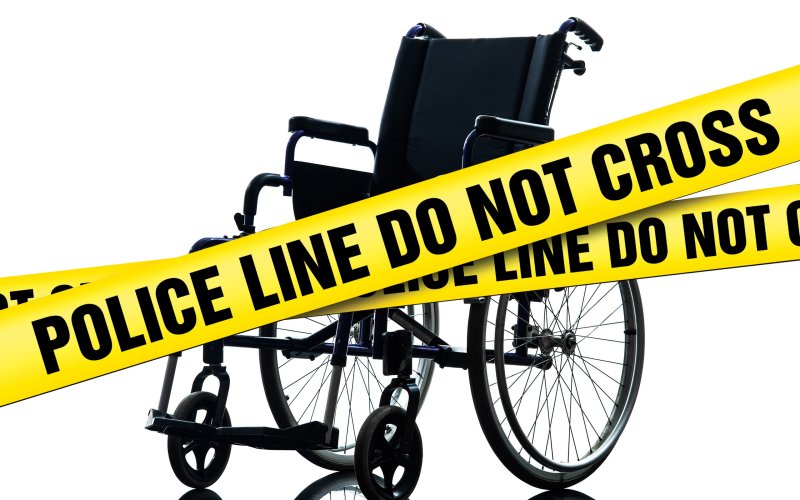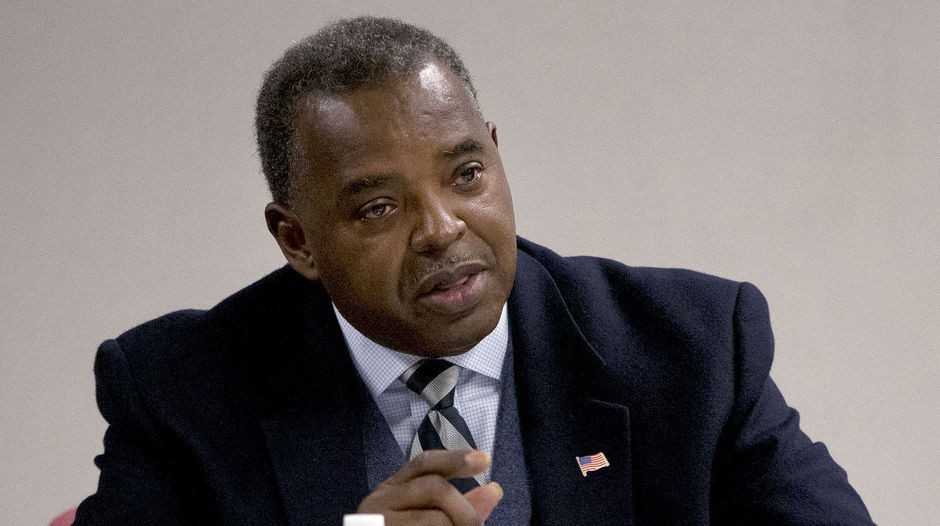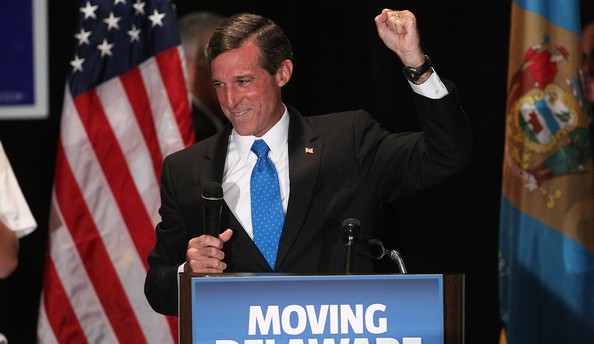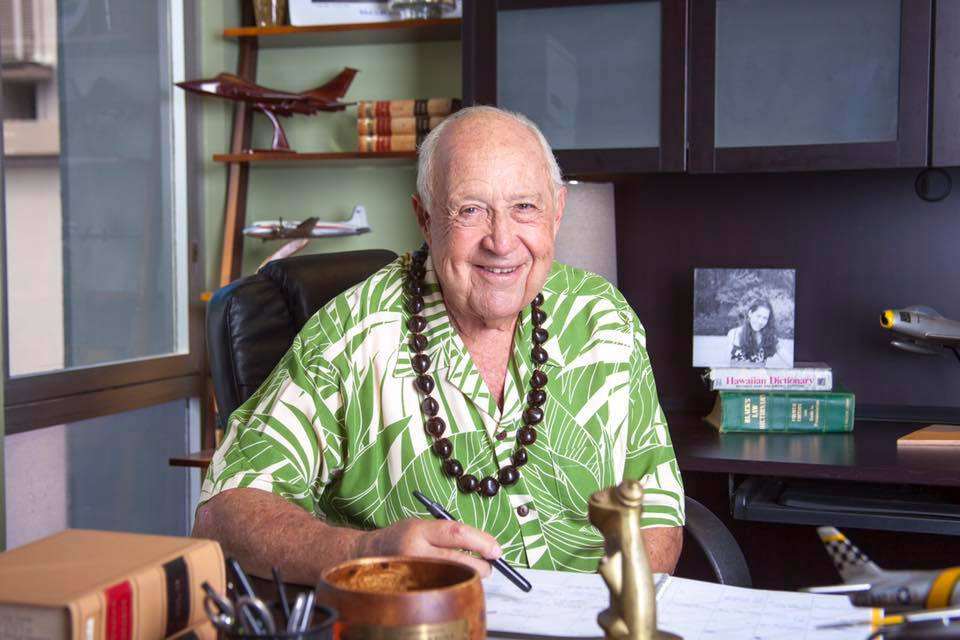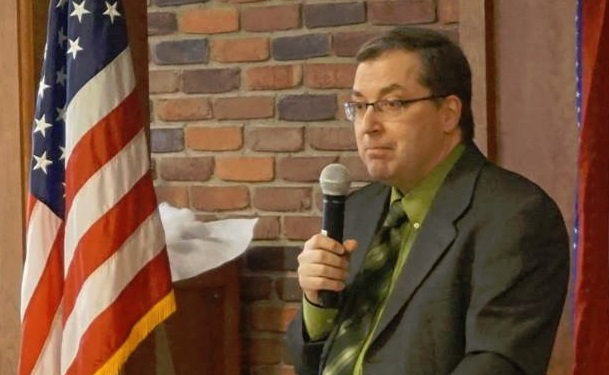Washington, Nov. 9 – RespectAbility congratulates Mr. Donald Trump on his win of the presidency and looks forward to working with his new administration in the future and sincerely hopes he will work with diverse parts of America in every sense of the word.
Looking down ballot, several senate and gubernatorial candidates who support opportunities for people with disabilities (PwDs) won big Tuesday night – confirming the results from a new poll released last week. The poll showed that voters were more likely to support candidates who prioritize ensuring that children with disabilities get the education and training they need to succeed as well expanding job and career opportunities for people with disabilities. The poll also showed that voters with disabilities overwhelmingly thought that America was on the wrong track.
There are 56 million people with disabilities (one in five Americans), more than 35 million of whom are eligible voters (one-sixth of the electorate). The poll showed that half of voters either have a disability or a loved one with a disability.
RespectAbility, a nonpartisan, nonprofit organization working to end stigmas and advance opportunities for people with disabilities, reached out to candidates for president, governor and U.S. Senate – requesting them to complete the #PwDsVote disability questionnaire on multiple disability topics ranging from employment, education, violence and abuse, criminal justice, healthcare and more.
On the presidential level former Secretary of State Hillary Clinton filled out the full questionnaire. Mr. Trump did not. However, both Clinton and Trump completed the AAPD/NCIL presidential questionnaire.
Forty down ballot candidates, including 26 for Senate and 11 for governor, from both sides of the aisle (25 Democrats, 14 Republicans, 1 Green Party) responded to the #PwDsVote questionnaire, showing that disability rights is a nonpartisan issue. The responses also were geographically diverse, coming from states all around the country as politicians are paying more and more attention to the disability community.
Of those who responded, 11 candidates have won their election as of Wednesday morning. These include Sen. Richard Burr (R-NC), Atty. Gen. Catherine Cortez Masto (D-NV), Rep. Tammy Duckworth (D-IL), Atty. Gen. Kamala Harris (D-CA), Gov. Maggie Hassan (D-NH), Sen. Patrick Leahy (D-VT), Rep. Chris Van Hollen (D-MD), all of whom have won their senate races; Rep. John Carney (D-DE), Gov. Steve Bullock (D-MT) and Lt. Gov. Phil Scott (R-VT), who won races for governor; and Rep. Jim Langevin (D-RI), who has won re-election to Congress. Please follow the links in the table below to read more about each of these candidates’ disability policies that affect 56 million Americans.
| State | Winning Candidate | Race |
| California | Atty. Gen. Kamala Harris (D) | Senate |
| Delaware | Rep. John Carney (D) | Governor |
| Illinois | Rep. Tammy Dukworth (D) | Senate |
| Maryland | Rep. Chris Van Hollen (D) | Senate |
| Montana | Gov. Steve Bullock (D) | Governor |
| Nevada | Atty. Gen. Catherine Cortez Masto (D) | Senate |
| New Hampshire | Gov. Maggie Hassan (D) | Senate |
| North Carolina | Sen. Richard Burr (R) | Senate |
| Rhode Island | Rep. Jim Langevin (D) | Congress |
| Vermont | Sen. Patrick Leahy (D) | Senate |
| Vermont | Lt. Gov. Phil Scott (R) | Governor |
